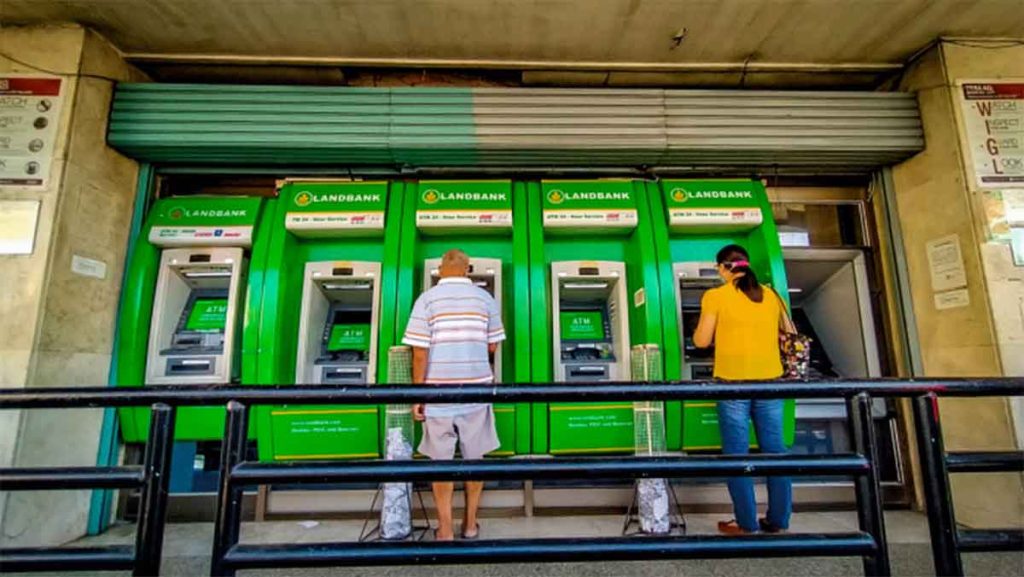Inflation is a critical economic concept that affects various aspects of a country’s financial landscape. As prices rise over time, the value of money diminishes, leading to a decline in purchasing power. Understanding inflation’s impact on loan repayment is crucial for borrowers and lenders alike, as it can significantly influence financial planning and decision-making. In this article, we will explore how inflation affects loan repayment in the Philippines and provide insights into managing loans during inflationary periods.
Understanding Inflation
Inflation occurs due to a multitude of factors, including increased demand, supply chain disruptions, and changes in government policies. In the Philippines, the Bangko Sentral ng Pilipinas (BSP) monitors and reports inflation rates regularly. The consumer price index (CPI) is used to measure inflation, reflecting the average price changes of a basket of goods and services consumed by households.
Loan Repayment and Its Significance

Loans are essential for individuals and businesses in the Philippines to achieve their goals, such as purchasing a home, funding education, or expanding a business. Timely loan repayment is vital to maintaining a good credit score and financial credibility. Failure to meet loan obligations can lead to penalties, higher interest rates, and even legal actions.
Impact of Inflation on Loan Repayment
During inflation, the real value of money decreases, meaning that the purchasing power of borrowed funds diminishes over time. Additionally, loans with adjustable interest rates are more susceptible to inflationary pressures, as the interest rate can increase alongside inflation. In contrast, fixed interest rate loans offer stability as the interest rate remains unchanged throughout the loan tenure.
Mitigating Strategies for Borrowers
To navigate inflationary periods successfully, borrowers must fully understand their loan terms and conditions. It’s crucial to be aware of any clauses related to interest rate adjustments and payment schedules. Diversification of investments can also help borrowers offset inflationary effects and grow their wealth.
Government Policies and Inflation
The central bank plays a significant role in managing inflation in the Philippines. Through monetary policies, such as open market operations and reserve requirements, the BSP aims to stabilize prices and control inflation. Inflation-targeting measures are implemented to keep inflation within a target range, promoting economic stability.
Economic Growth and Inflation Relationship
Inflation can influence economic growth, leading to periods of stagflation, characterized by rising prices and stagnant economic performance. Understanding this relationship is essential for borrowers, as economic conditions can affect their ability to repay loans and manage their finances.
Long-term vs. Short-term Loans

During inflation, borrowers must carefully consider the type of loan they choose. Long-term loans offer protection against future interest rate hikes but may have higher initial interest rates. Short-term loans, on the other hand, offer more flexibility but can expose borrowers to increased interest rates in the future.
The Role of Interest Rates
Interest rates play a crucial role in inflation’s impact on loan repayment. Central banks may raise interest rates to combat inflation, leading to higher borrowing costs. Borrowers should be prepared for interest rate fluctuations and develop strategies to manage their loans during high-interest rate environments.
Real Estate and Inflation
Real estate can act as a hedge against inflation, as property values and rents tend to rise with inflation. For borrowers, investing in real estate can provide a means of preserving wealth and countering the effects of inflation. However, it is essential to weigh the risks and benefits associated with real estate investments.
Inflation Forecasting and Planning
Predicting inflation trends can be challenging, but it is crucial for borrowers to make informed financial decisions. By staying updated with economic indicators and consulting with financial experts, borrowers can create effective loan repayment plans to counter inflation’s impact.
Impact on Different Socio-economic Groups
Inflation affects different socio-economic groups differently. Low-income borrowers may struggle to keep up with rising living costs and loan obligations. Middle and high-income borrowers may also face challenges in maintaining their lifestyle and financial stability during inflationary periods.
Personal Financial Planning During Inflation
Personal financial planning becomes even more critical during inflation. Budgeting becomes essential to manage expenses effectively, and building an emergency fund can provide a safety net during challenging economic times.
Impact on Businesses
Inflation can significantly impact businesses’ operations and profitability. Business loans may become costlier, affecting expansion plans and capital investments. Businesses must adopt strategies to adapt to inflationary conditions and remain resilient.


Leave a Reply